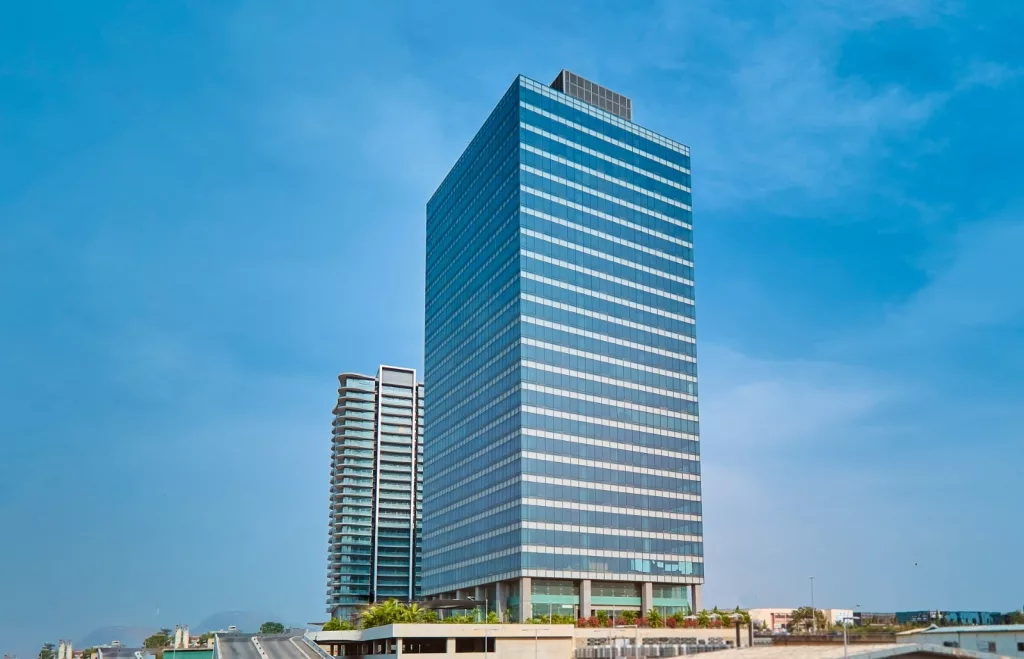MultiChoice’s Ongoing Challenges in Nigeria

MultiChoice’s Reaffirmed Commitment to Nigeria: Challenges and Opportunities
Estimated Reading Time: 7 minutes
Key Takeaways:
- MultiChoice continues investing in Nigeria’s entertainment sector despite economic challenges.
- Legal issues arise from pricing strategies, leading to consumer criticism.
- MultiChoice offers mitigation measures to address concerns over pricing and service quality.
Table of Contents
- Continued Investment and Support
- Challenges in Nigeria
- Legal and Regulatory Issues
- Consumer Relations and Pricing Strategy
- Relating to the Leadership Newspapers Article
- Conclusion
- FAQ
Continued Investment and Support
MultiChoice has made a steadfast commitment to supporting Nigeria’s entertainment industry. This involves:
- Significant Contributions to Nollywood: MultiChoice plays a vital role in promoting local storytelling through various initiatives. By investing in Nollywood, they help generate employment opportunities and foster local talent.
- Promoting Local Content: They encourage Nigerian filmmakers and creators to tell their own stories, enhancing authentic representation in the media landscape. This also ensures a pipeline of quality content for their platforms.
These efforts demonstrate MultiChoice’s dedication to nurturing the creative ecosystem in Nigeria while engaging the audience with culturally relevant programming. For more details, visit CNBC Africa.
Challenges in Nigeria
Despite their commitments, MultiChoice faces several liquidity challenges in Nigeria:
- Financial Resilience: The company has managed to navigate the financial quotas across Africa effectively, showcasing its resilience even when dealing with local economic difficulties.
- Cost Management: MultiChoice has implemented strategies to repatriate cash from its African operations, maintaining a healthy cash flow despite local market pressures.
These challenges highlight the complexities of running a business in Nigeria’s volatile economic climate while striving to maintain local investments. For additional insights, check out Arise TV.
Legal and Regulatory Issues
One of the most pressing issues for MultiChoice is legal action regarding its pricing strategies:
- Price Increases and Legal Action: The Federal Competition and Consumer Protection Commission (FCCPC) has taken legal steps against MultiChoice for increasing DStv and GOtv subscription prices without proper regulatory approval. This is viewed as a serious infringement on consumer rights and market fairness. Read more here.
- Consumer Criticism: A significant portion of the audience raises concerns regarding the noticeable price disparity between services offered in Nigeria and South Africa. Many consumers are frustrated with the high costs for lesser service quality in Nigeria compared to the affordable packages available in South Africa. For further context, see Punch Nigeria.
These legal and regulatory challenges have created a complicated environment for MultiChoice, impacting its relationship with the consumer base.
Consumer Relations and Pricing Strategy
MultiChoice’s pricing strategy has attracted criticism for perceived inequities between markets:
- Double Standard Criticism: Consumers argue that MultiChoice exhibits a double standard by offering better services and lower prices to South African customers while increasing costs for those in Nigeria. This perceived economic discrimination has led to significant backlash.
- Pricing Strategy and Economic Conditions: MultiChoice defends its price hikes, citing inflation rates and increased operational costs in Nigeria. Nevertheless, many consumers dispute this reasoning, especially given the frequent service interruptions and dissatisfaction with value. More details can be found on Brand Essence Nigeria.
- Mitigation Measures: To address ongoing consumer concerns, MultiChoice has launched features like Price Lock and Step Up offers. These initiatives aim to help subscribers manage sudden price changes and remain loyal customers despite rising costs.
These strategies illustrate MultiChoice’s efforts to balance its pricing while considering the economic landscape and customer expectations.
Relating to the Leadership Newspapers Article
The article from Leadership Newspapers delves into MultiChoice’s controversial business practices in Nigeria, characterized by:
- Criticism of Pricing Strategies: MultiChoice faces accusations of exploitative behavior due to its pricing strategies, which seem to benefit South African consumers at the expense of Nigerian customers. Critics emphasize the inequality in service offerings and prices.
- Investment vs. Critics: While MultiChoice indeed invests in local content creation and infrastructure, the article highlights an underlying tension between these investments and persistent criticisms regarding service quality and pricing structures.
In summary, MultiChoice’s operations in Nigeria expose a range of challenges and concerns regarding consumer rights and market dynamics.
Conclusion
MultiChoice’s operations in Nigeria highlight a complex relationship between commitment to local investments and addressing consumer rights. While the company continues to support the Nigerian entertainment sector, legal challenges and consumer criticisms regarding pricing disparities and service quality present significant hurdles. Balancing these responsibilities will be crucial for MultiChoice’s ongoing success in Nigeria.
FAQ
1. What is MultiChoice’s primary business in Nigeria?
MultiChoice primarily operates DStv and GOtv, providing subscription-based television services with a focus on local and African content.
2. What challenges does MultiChoice face in Nigeria?
MultiChoice encounters financial challenges, regulatory scrutiny regarding pricing, and significant consumer dissatisfaction due to perceived inequities in service offerings.
3. How has MultiChoice responded to consumer criticism?
The company has introduced several initiatives, such as Price Lock and Step Up offers, to assist consumers with managing subscription costs and providing some price stability.
4. Why is there a price disparity between Nigeria and South Africa?
The disparity arises from various factors, including operational costs, economic conditions, and differences in the competitive landscape between the two countries.
For further reading and details about MultiChoice’s operations and challenges, you can explore the sources used in this article.











